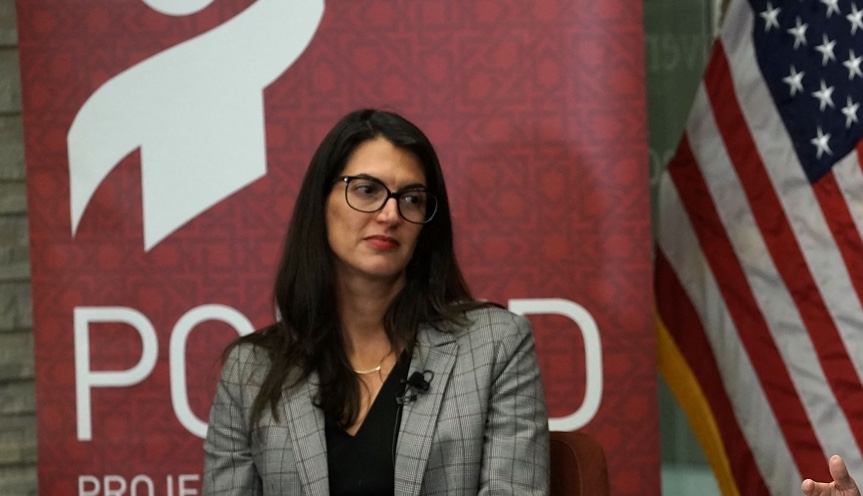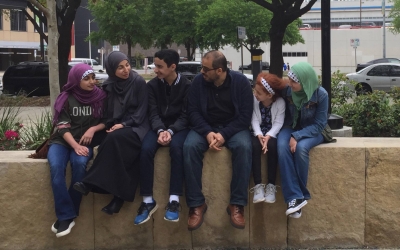Biden’s human rights pick withdraws after criticism of stance on Israel

President Joe Biden’s pick for a top human rights position is withdrawing her nomination after opposition from a Senate Republican who questioned her support for Israel.
“At present, I don’t see a path forward for confirmation, and after 1 ½ years, it’s time to move on,” Sarah Margon said in the statement first shared with Politico. “I will continue to work on democracy and human rights, and am grateful to President Biden and Secretary [of State Antony] Blinken for their confidence in me and the honor of a nomination.”
A former Capitol Hill staffer and Washington director for Human Rights Watch, Margon came under heavy criticism from the Senate Foreign Relations Committee’s ranking Republican, Jim Risch, over his claim that she supported the Palestinian-led Boycott, Divestment and Sanctions movement (BDS) against Israel. She was nominated for the position of assistant secretary of state for democracy, human rights, and labor.
Margon, who currently has a senior role at the Open Society Foundations, the organisation founded by billionaire philanthropist George Soros, firmly denied supporting BDS.
Risch zoned in on a tweet Margon wrote on 18 November 2018, celebrating a decision by Airbnb to boycott West Bank settlements. The company later reversed the move.
“Thanks Airbnb for showing some good leadership here, other companies should follow suit,” wrote Margon at the time.
The BDS campaign is a non-violent movement inspired by South Africa's anti-apartheid movement. It "urges action to pressure Israel to comply with international law" and encourages entities to sever ties with Israel until it ends the occupation of its lands, grants full equality to Palestinians, and allows refugees forced out during the 1948 establishment of Israel the right to return to their homes.
While the movement has gained momentum in recent years, with a number of universities introducing resolutions in support, it has also faced backlash, leading to the adoption of anti-BDS laws in 35 US states.
Margot attempted to distance herself from BDS but said she supported the private sector’s role in fighting against discriminatory practices.
The United Nations General Assembly, the United Nations Security Council, and the International Court of Justice have all said Israeli settlements in the occupied West Bank are in violation of the Fourth Geneva Convention.
The Biden administration has also said it is “unequivocally” opposed to illegal settlement expansion, fearing a death knell for a two-state solution to the Israeli-Palestinian conflict.
During questioning, Risch pressed Margon on a retweet in 2020 of a New York Times opinion piece titled, “I no longer believe in a Jewish state”.
“Do you still subscribe to that?” he asked.
Margon responded that she supported a two-state solution, “so that Israelis and Palestinians can live side by side”.
Democratic Senator Bob Menendez, who chairs the Foreign Relations committee and backed Margon’s bid, said GOP opposition was “deeply unfortunate” but he didn’t move forward with her vote in the committee, citing customs that call for senior lawmakers from each party to agree on scheduling votes.
Middle East Eye delivers independent and unrivalled coverage and analysis of the Middle East, North Africa and beyond. To learn more about republishing this content and the associated fees, please fill out this form. More about MEE can be found here.





